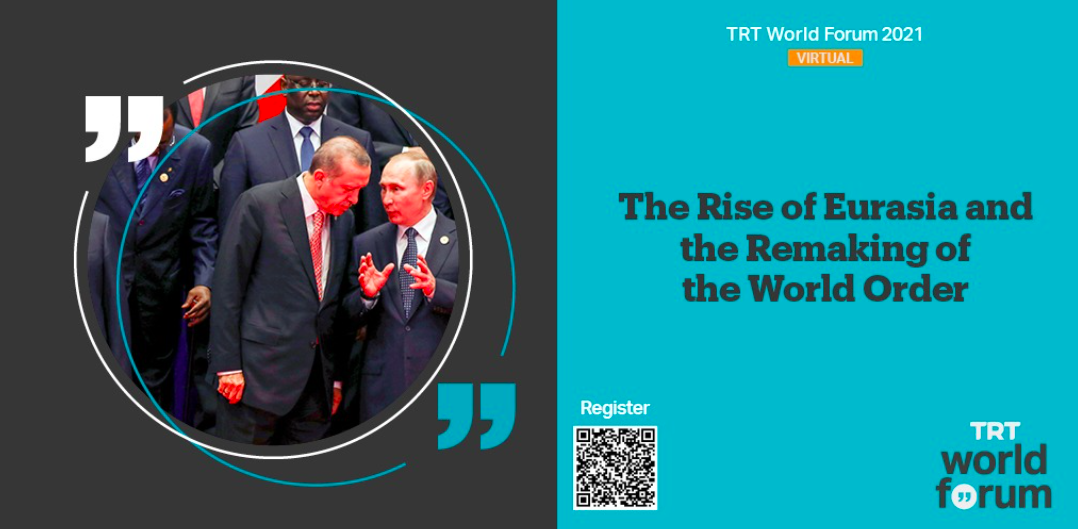The concept of the ‘West’ has long shaped our understanding of global political, economic, and cultural life. It played a central role in defining the bipolar global order during the Cold War and the subsequent dominance of Western power after the fall of the Soviet Union. Strategic perspectives have been influenced by this dynamic for decades. However, since the end of the colonial era and the Cold War divide, the geopolitical focus has begun to shift towards the Eurasian continent.
This shift marks the gradual return of Asia to a central role in global affairs, reversing the historical rise of the West. By 2030, Asia is projected to surpass both North America and Europe in terms of GDP, population, military spending, and technological investment. While China and India are expected to lead this change, other nations, including Bangladesh, Egypt, Indonesia, Iran, Pakistan, the Philippines, Turkey, South Korea, and Vietnam, will further solidify Asia’s growing prominence.
Key regional players, such as Turkey and Russia, along with Arab states in the eastern Mediterranean and Gulf, have begun to reorient their political and economic strategies. Once heavily dependent on the West, these nations are increasingly embracing their roles within a broader Eurasian system, looking to Asia to strengthen their strategic ties.
